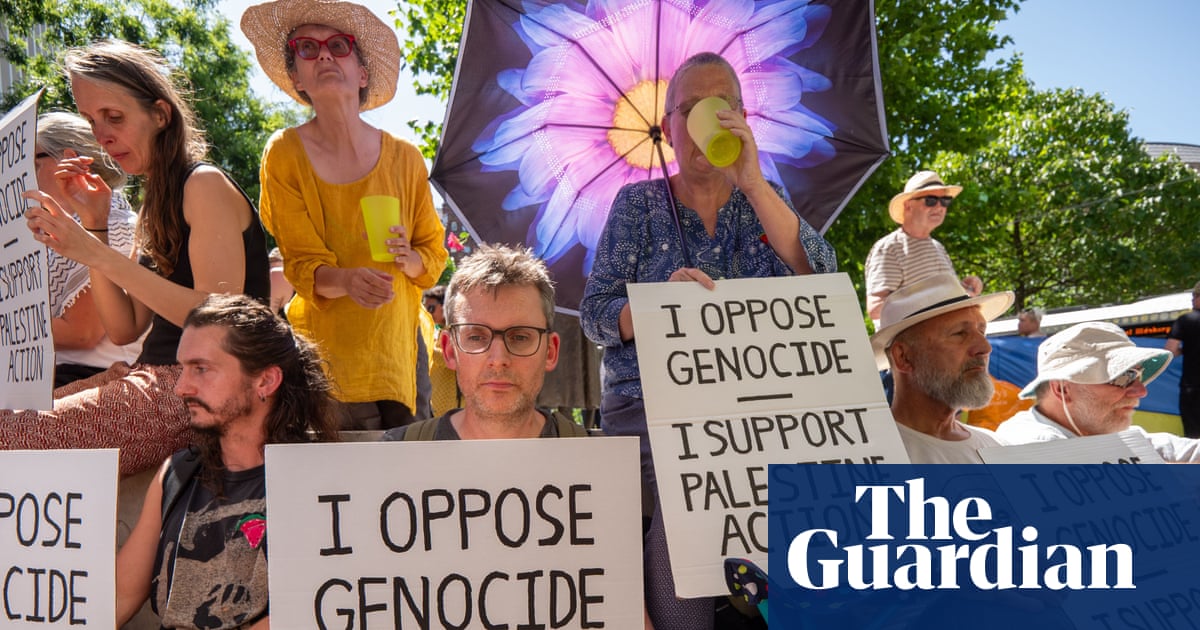
The Right to Protest: A Cornerstone of Democracy Under Threat
The right to peaceful protest is facing increasing repression in Britain. As noted by Dr. David Killick, an esteemed voice in the ongoing advocacy for civil liberties, many ordinary individuals have taken extraordinary steps, including risking imprisonment, to stand against what they perceive as an overreach of government power. This crackdown on dissent has sparked widespread concern, with many questioning the erosion of democratic freedoms.
A significant catalyst for this unrest stems from the proscription of Palestine Action under counter-terror legislation. The decision, coupled with the atrocities in Gaza and the West Bank, has dismayed those who demand accountability and a moral compass from the government. The continued suppression of demonstrations reveals a troubling commitment to stifling dissent by leveraging terrorism laws against peaceful activism.
Ordinary Citizens Turn Protesters
Dr. Killick highlights the unique bravery of individuals from all walks of life who are willingly facing harsh penalties, including jail sentences, travel bans, asset seizures, and damaged career prospects. Their outrage extends beyond foreign conflicts; it stems from the relentless assault on their civil liberties and political freedoms in the UK. This crackdown highlights a stark departure from assurances given when the Terrorism Act was introduced in 1999. Then-Home Secretary Jack Straw had asserted that the legislation would not infringe on peaceful protest — a promise now called into question.
Since its implementation, more than 700 arrests have been made for activities supporting Palestine Action, indicating a heavier hand in curbing dissent. The enactment of these measures underlines a “morally moribund government,” as described by Killick, that wields tools of repression to silence voices demanding justice.
A Divided Nation at a Crossroads
In an accompanying letter, Peter Riddle from Derbyshire reflects on a deeper malaise gripping Britain. Demonstrations in support of Palestine and protests against asylum-seeker housing reflect two opposing sides of a fractured society. The root cause? A profound lack of moral, spiritual, and political guidance from leadership.
Riddle notes that the government’s knee-jerk reactions to domestic and international crises fuel public anger, amplify divisions, and weaken social cohesion. Without a unifying vision or narrative to address the root concerns of the citizenry, Britain risks spiraling further into chaos. Healing this fractured nation requires leadership willing to listen, act decisively, and restore democratic values under threat.
As citizens continue to mobilize for what they believe is right, the critical question remains: how will the UK government reconcile its actions with the democratic ideals it claims to uphold?






